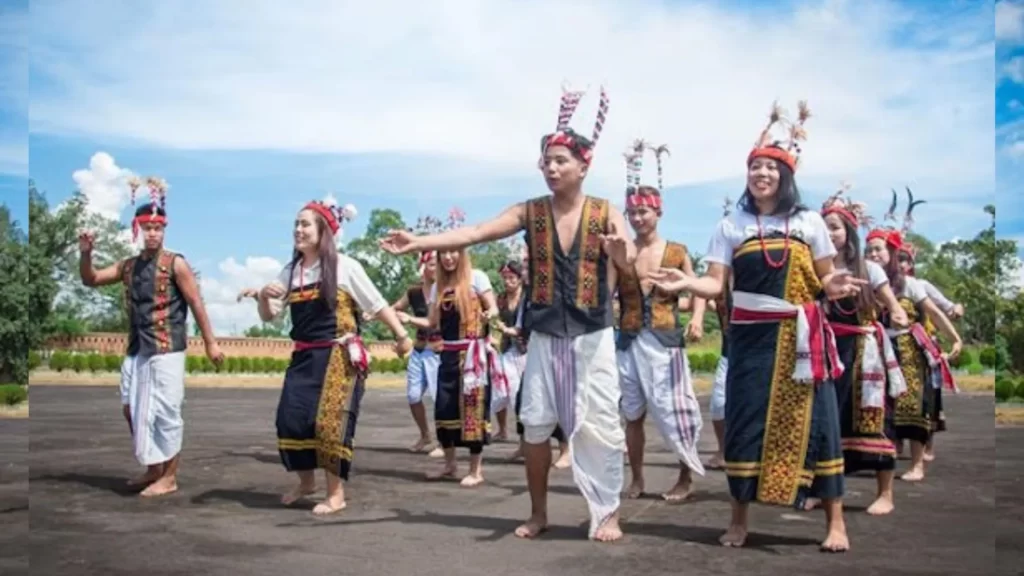The Indigenous Leaders’ Task Force (ILTF) has unequivocally stated that tribal communities in Manipur should not fall under the jurisdiction of the Meitei government. The assertion underscores the ongoing debate surrounding the autonomy and representation of tribal populations within the state.
ILTF, representing the interests of various indigenous communities, has emphasized the need for a governance structure that respects the distinct cultural, social, and historical backgrounds of the tribal groups in Manipur. The assertion comes amidst discussions about the territorial and political dynamics within the state. Besides, different ethnic communities coexist.
The ILTF’s position is grounded in the belief that a governance model tailored to the specific needs and aspirations of tribal communities is essential for their development and well-being. Advocates argue that recognizing the autonomy of these communities ensures a more inclusive and representative political system that takes into account the diversity of Manipur’s population.
This assertion comes against the backdrop of historical and political discussions regarding the relationship between the Meitei and tribal communities in Manipur. Tensions have existed over issues such as political representation, land rights, and cultural identity, leading to calls for a more nuanced and equitable governance framework.
All About ILTF
ILTF’s stance aligns with the broader discourse on indigenous rights and self-determination. By emphasizing the importance of allowing tribal communities to have a say in decisions that directly impact their lives. The task force is advocating for a system that acknowledges and accommodates the unique needs. Also, including perspectives of the diverse tribal groups in Manipur.
As the ILTF makes its position clear, it adds a new dimension to the ongoing dialogue about the political landscape of Manipur. Moreover, the call for recognizing the distinct identity of tribal communities within the governance structure reflects a growing demand for a more inclusive and participatory political process.
It remains to be seen how this assertion by the ILTF will influence the broader political landscape in Manipur. Furthermore, the dynamics between the Meitei-dominated government and the aspirations of tribal communities will likely continue to be a focal point in discussions about governance, representation, and the protection of indigenous rights in the state.
The ILTF’s firm assertion that tribals in Manipur should not be governed by the Meitei government underscores the complex and nuanced nature of governance in the state. Further, the call for recognizing the autonomy. And distinct identity of tribal communities adds a significant voice to the ongoing discussions about political representation, indigenous rights. Also, including the need for a governance model that respects the diversity inherent in Manipur’s population.


